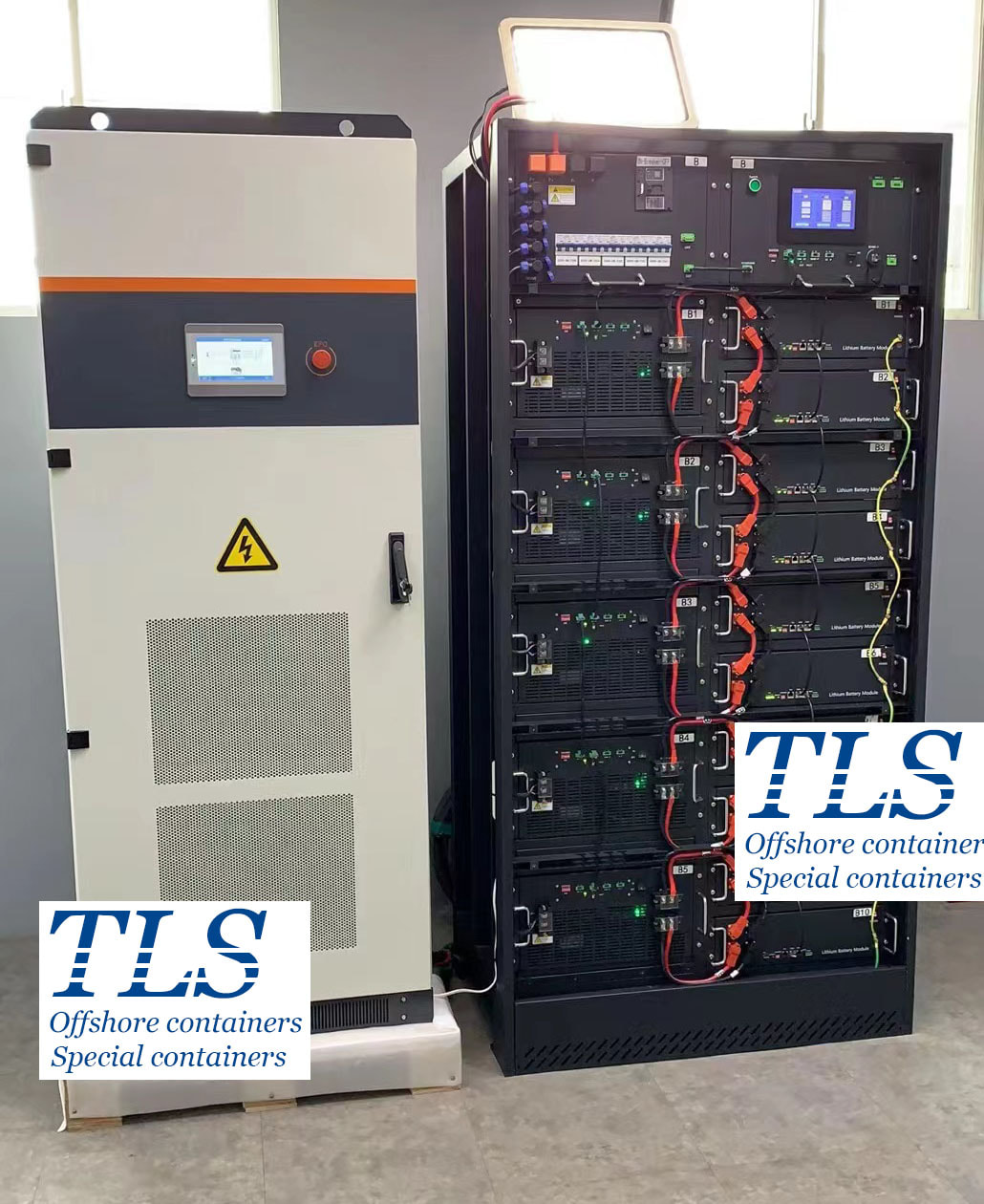|
In the realm of energy storage systems, the Battery Energy Storage System (BESS) container has emerged as a versatile and efficient solution. Central to the operation of a BESS container is the Power Conversion System (PCS), a critical component that facilitates the conversion and control of electrical energy. This article aims to shed light on the role and importance of the PCS within a BESS container. The PCS is essentially the heart of a BESS container. It is responsible for converting the direct current (DC) electricity stored in the batteries into alternating current (AC) electricity that can be used by the grid or local loads. Conversely, it can also convert AC electricity from the grid or renewable energy sources into DC electricity for storage in the batteries. The PCS is not just a simple converter, though. It is an intelligent system that controls the flow of electricity in and out of the BESS container. It determines when to charge the batteries, when to discharge them, and how much power to deliver based on various factors such as demand, grid conditions, and battery health. This ensures optimal operation of the BESS container and prolongs the lifespan of the batteries. Furthermore, the PCS plays a crucial role in maintaining the stability of the grid. It can respond rapidly to changes in grid conditions, injecting power to support the grid during peak demand periods or absorbing excess power during periods of low demand. This ability to balance supply and demand helps to prevent power outages and maintain the reliability of the electricity supply. The PCS also contributes to the integration of renewable energy sources into the grid. It can store excess power generated by wind or solar systems during periods of high production and low demand, and then release this power during periods of high demand or low production. This helps to smooth out the intermittent nature of renewable energy and make it a more reliable and predictable source of power. In terms of economic benefits, the PCS can participate in energy markets and demand response programs, earning revenue by providing services such as frequency regulation, voltage support, and peak shaving. By optimizing the operation of the BESS container, it can also reduce energy costs and provide a quick return on investment. In conclusion, the PCS is a vital component of a BESS container that enables the efficient conversion and control of electrical energy. Its role extends beyond simple power conversion to encompass grid support, renewable energy integration, and economic optimization. As we continue to seek sustainable and reliable energy solutions, the PCS will undoubtedly play a key role in shaping our energy future. Comments are closed.
|
Archives
July 2024
Categories
All
|
- Home
-
Containerised solutions
- Intelligent pressurised container | MUD logging cabin
- Battery energy storage system (BESS) container
- Flexible grid tied battery storage system
- Laboratory container | workshop container | Equipment containers
- Temporary refuge shelter | Toxic gas refuge | Safe haven
- Offshore accommodation cabin | office container
- Reefer container | Refrigerated container
- Intelligent waste water treatment container
- Fresh water generator container
- Cargo Containers
- Product photos & videos
- News & Blogs
- Contact us
|
Featured products
Intelligent pressurised container Temporary refuge (TR) shelter, toxic gas refuge (TGR) Battery energy storage system (BESS) container Containerised waste water treatment plant Fresh water generator container Reefer container Laboratory container, Workshop container Accommodation container Offshore closed container |
All Rights Reserved 2020 © TLS Offshore Containers / TLS Energy
|

